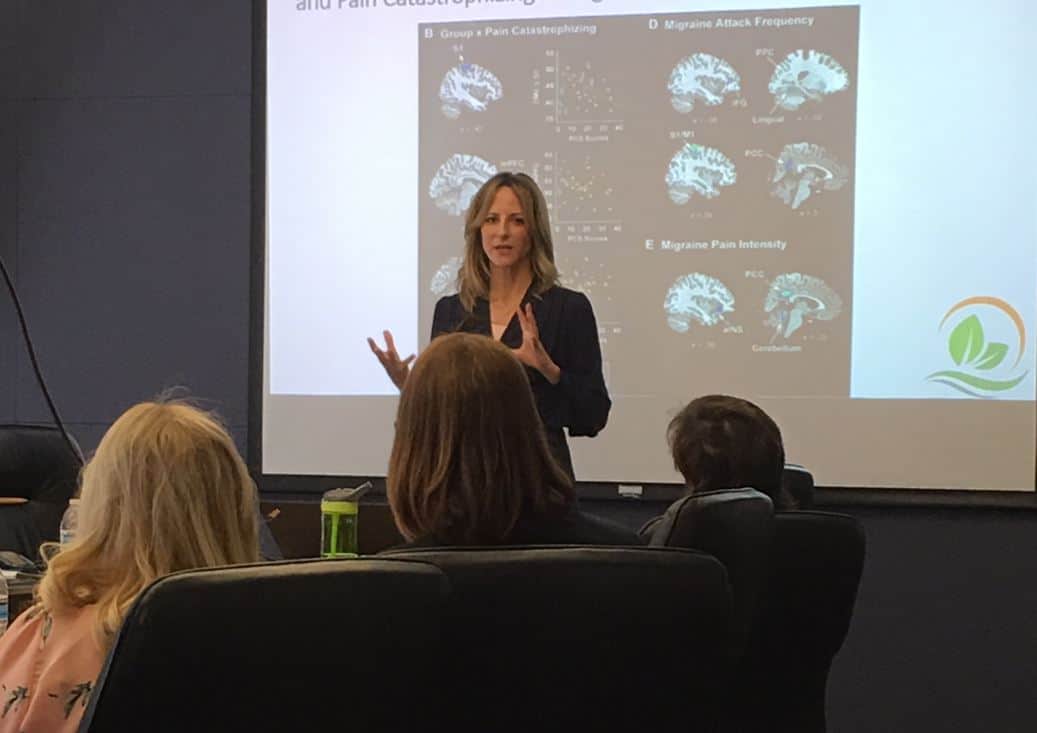It has been a busy few months and now I have some great news to share with you! First, let’s rewind to the 2016 publication of the National Pain Strategy. That document supported better integration of psychological and behavioral medicine strategies into all levels of pain care in America. And yet, three years later, there has been no clear implementation plan for how to do so. There remains a massive need to uptrain the psychologist and mental health therapist workforce so that they are equipped to address pain in the clients they see. Results from our 2016 research revealed that pain often goes untreated in mental health settings because clinicians lack skills and training to treat it. Given that up to 1 in 3 individuals is living with ongoing pain of some type, and given that individuals who are seeking mental health services are more likely to have chronic pain, we identified a major gap in clinician training and pain services.
Now for some good news about pain education and treatment.
- As of March 2019, the American Academy of Pain Medicine (AAPM) has expanded full membership to psychologists, thereby allowing them full voting rights and the ability to hold office. This evolution will great a new and welcome home where psychologists and mental health therapists can receive cutting-edge pain training, including pain psychology workshops at the annual meeting. I am honored to serve as Co-Chair of the AAPM Pain Psychology Shared Interest Group, Co-Chair the AAPM Behavioral Medicine Committee, and serve on the Opioid Advisory Committee.
- The American Psychological Association is taking steps to enhance pain education for its members and the public. I am pleased to be serving on an APA Pain Task Force; stay tuned for some exciting developments.
- This month we launched a healthcare clinician certification workshop at Stanford University for my 2-hour single-session pain psychology class (“Empowered Relief”). I developed “Empowered Relief” to help meet the dire need to train healthcare clinicians so they may provide patients with rapid access to evidence-based, skills-based information on how they can best self-manage pain and related distress. Given that few patients can logistically attend multiple appointments (and costs), I created a rapid and efficient solution: compressed pain psychology. We are currently studying “Empowered Relief” in an NIH-funded, multi-arm randomized controlled trial at Stanford University.
Due to clinician demand, healthcare clinicians may now become certified instructors, so they can integrate “Empowered Relief” into their healthcare systems alongside medical treatments for pain. The first certification workshop quickly sold out (!), and we had representation from 3 countries, including clinicians from Kaiser Permanente, the VA Healthcare System, Intermountain Healthcare, and Centura Healthcare. The next “Empowered Relief” certification workshop is taking place from August 26-27 at Stanford University. Visit empoweredrelief.stanford.edu to learn more, and register to become an “Empowered Relief” certified instructor.
Until next time, and certainly with more good news to share!
Warm regards,

